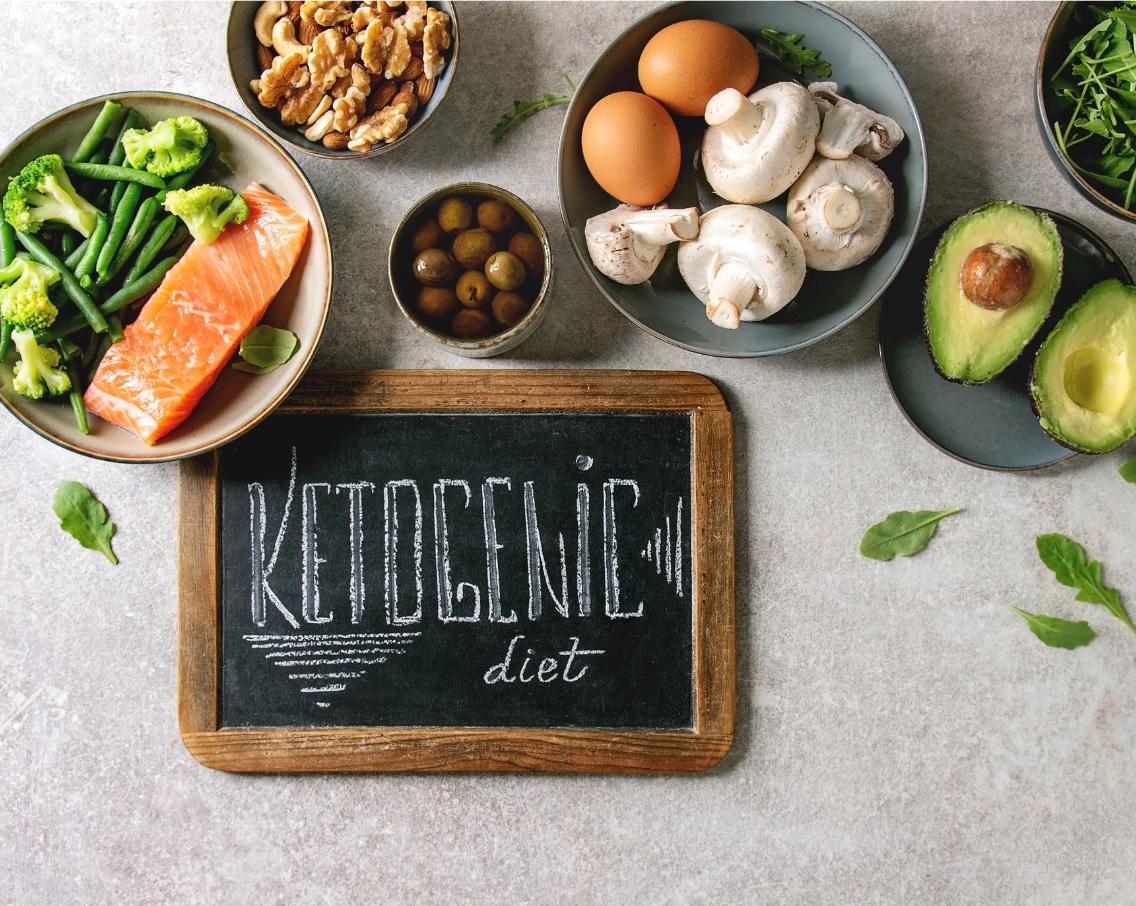Lipedema is a condition that is often misunderstood and mistaken for obesity. It mostly affects women and is characterized by the painful accumulation of fat in the lower body. Traditional methods like diet and exercise don’t usually work well for managing symptoms. However, recent scientific studies have found a potential solution: the ketogenic or keto diet. Let’s talk about the evidence that supports managing lipedema with the ketogenic diet.

Lipedema is different from regular weight gain because the fat builds up in the lower body in a disproportionate and excessive way. Normal diets for weight loss often don’t help much, but studies have shown that a ketogenic diet can make a difference. A ketogenic diet is low in carbs and high in healthy fats, and it puts your body into a state called ketosis. This means your body starts using stored fat for energy, which may reduce the excessive fat build-up seen in lipedema.
One of the challenges of lipedema is the pain and discomfort it causes. Surprisingly, adopting a ketogenic diet seems to help with the pain, even if you don’t lose much weight. While losing weight can make some symptoms better, research suggests that the pain relief from a keto diet isn’t just because of weight loss.
Lipedema is also connected to problems with the lymphatic system, which can make the condition worse. But a ketogenic diet stimulates a process called ketogenesis, which can improve the health of your lymph vessels and how they transport fluids. This means that a keto diet may help the lymphatic system work better, which could reduce swelling and fluid retention in the affected areas.
Inflammation and fibrosis are two factors that make lipedema worse over time. When you’re on a ketogenic diet, your body produces a substance called beta-hydroxybutyrate (BHB), which has anti-inflammatory properties. BHB helps reduce inflammation by interrupting things that cause stress to your body. By addressing inflammation and possibly limiting fibrosis, a keto diet may benefit lipedema sufferers.
There is promising evidence that a ketogenic diet can help manage the symptoms of lipedema. Unlike traditional weight loss methods, a keto diet has the potential to target excessive fat build-up, relieve pain, improve lymphatic function, and reduce inflammation associated with lipedema. While a link between the ketogenic diet and lipedema are still being studied, adopting it could be a promising approach for people who want relief from the symptoms and the negative impact on their quality of life caused by this condition.

